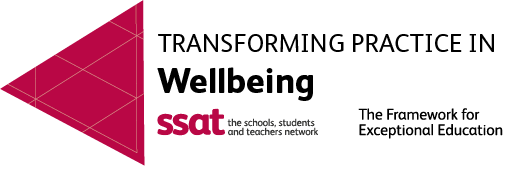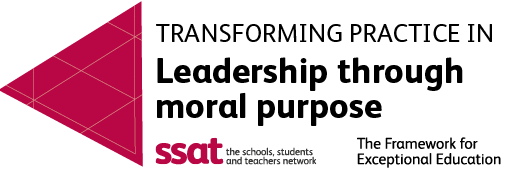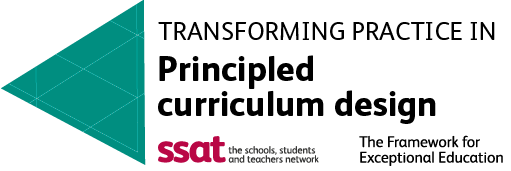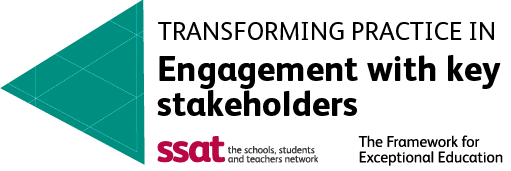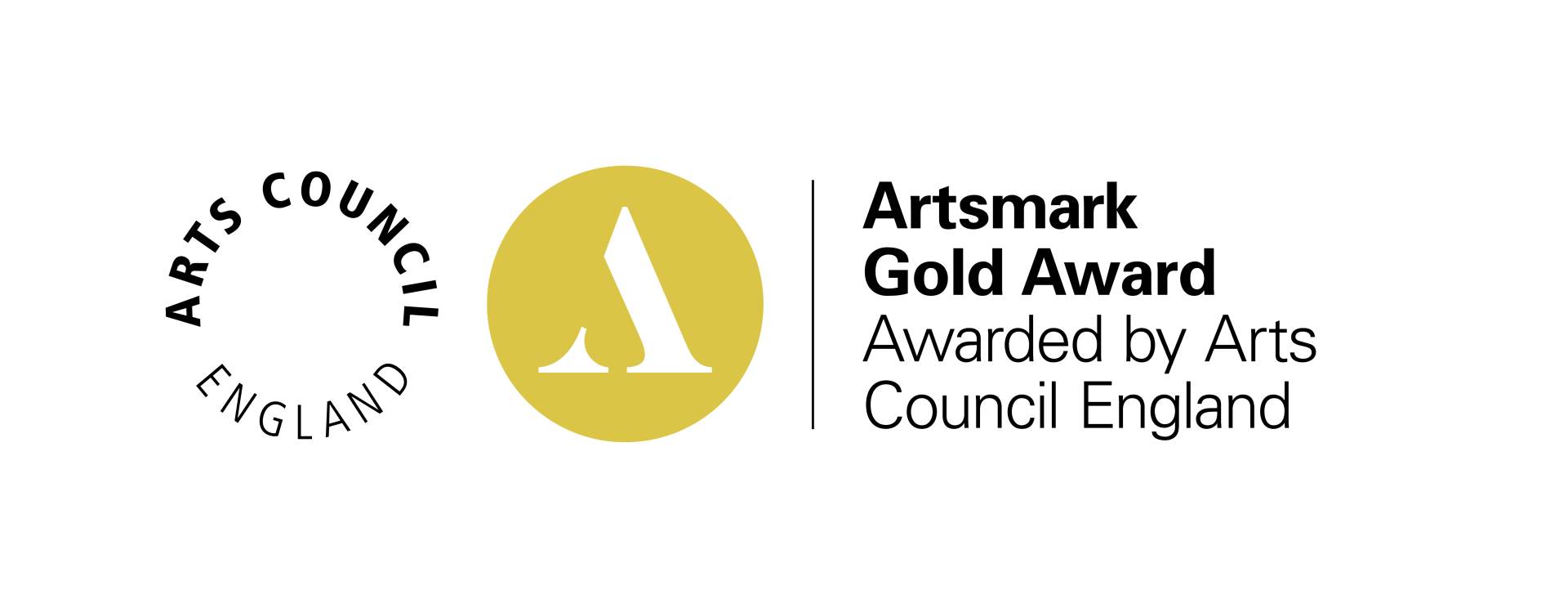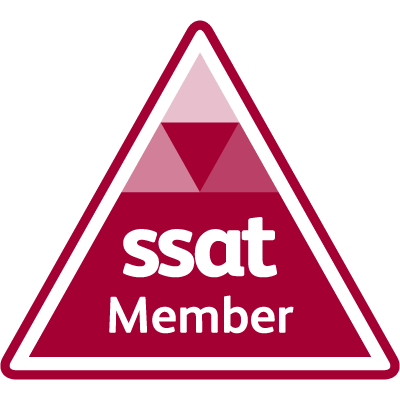Governance
Governance
Governance is provided by the Governing Body of Bingley Grammar School ("the Governing Body"). The Governing Body has three Core functions:
- Ensuring clarity of vision, ethos, and strategic direction of the school
- Holding executive leaders to account for the educational performance of the school and its pupils and the performance management of its staff
- Overseeing the financial performance of the school and making sure its money is well spent
VISION
Our vision is to be a school widely recognised for its development of the whole child and its excellence in Teaching and Learning. The school will be a model of research informed best practice in Education, where everyone is safe, respected, valued and supported to reach their potential.
STRATEGY
We will achieve our vision through three key priorities
Firstly, academic excellence and resilience whilst ensuring the emotional well-being for all of its pupils
Secondly, to ensure all of our pupils realise their potential
Thirdly, to reduce the attainment and progress gap(s) significantly
Our Governing Body continually evaluates its practice against the following principles: Effective Governance, the line between governance and management, Good relationships based on trust, Knowledge of the school including comprehensive data on raising attainment and the educational experience of the pupils.
The relationship between Governors and the School Leadership Team is a balanced mixture of Challenge and Support on both sides, including Courageous conversations, to ensure long term sustainable improvement and well-being.
The Governing Body meets with the Headteacher and other relevant (subject to the agenda) members of the school staff. It discusses high level strategic issues and receives formal reports from the Headteacher, Governors with specific duties delegated by the Governing Body and the Governors sub-committees.
The Governing Body regularly reviews the skill set of its members against the current needs of the school and asks those appointing Governors to measure each Governor they appoint against these needs. Governance is a "live" process that has to continually adapt to the changing needs of the school and the wider educational environment. The Governing Body has, collectively, a wide experience of industry, commerce and the service industries in the public and private sectors. The full Governing Body meets every half term. The Governing Body agenda is focused on a two-part structure. These are Finance Buildings and Services (FBS) and Education, Leadership and Management (ELM). This enables Governors to have a wider view of how the school is performing and ensure that no issues are overlooked.
As well as their work in the sub-committees, each Governor has an individual, delegated responsibility for a specific area of the Governing Body remit including statutory responsibilities. Currently these include Safeguarding, SEND, Disadvantaged pupils (including Children who are Looked After), Data Protection (GDPR and E-safety), and Finance.
Besides their formal duties, Governors are involved in many aspects of school life including the appointment of Staff, Awards Evening, Open Evenings, Options Evenings, Music and Drama performances, social and fundraising events etc. They also undertake regular training to keep them up to date with trends in education and changes to the law.
We have adopted the “Framework for Ethical Leadership in Education” which incorporates but extends the Seven Principles of Public Life. See Appendix A.
Contact our Governors by writing c/o the school at:
Bingley Grammar School, Keighley Road, Bingley, West Yorks, BD16 2RS
Appendix A:
Framework for Ethical Leadership in Education
The Ethical Framework for Educational Leadership is based upon the seven principles of public life:
- Selflessness: School and college leaders should act solely in the interest of children and young people.
- Integrity: School and college leaders must avoid placing themselves under any obligation to people or organisations that might try inappropriately to influence them in their work. Before acting and taking decisions, they must declare and resolve openly any perceived conflict of interest and relationships.
- Objectivity: School and college leaders must act and take decisions impartially and fairly, using the best evidence and without discrimination or bias. Leaders should be dispassionate, exercising judgement and analysis for the good of children and young people.
- Accountability: School and college leaders are accountable to the public for their decisions and actions and must submit themselves to the scrutiny necessary to ensure this.
- Openness: School and college leaders should expect to act and take decisions in an open and transparent manner. Information should not be withheld from scrutiny unless there are clear and lawful reasons for so doing.
- Honesty: School and college leaders should be truthful.
- Leadership: School and college leaders should exhibit these principles in their own behaviour. They should actively promote and robustly support the principles, and be willing to challenge poor behaviour wherever it occurs. Leaders include both those who are paid to lead schools and colleges and those who volunteer to govern them.
Schools and colleges serve children and young people and help them grow into fulfilled and valued citizens. As role models for the young, how we behave as leaders is as important as what we do. Leaders should show leadership through the following personal characteristics or virtues:
- Trust: leaders are trustworthy and reliable.
We hold trust on behalf of children and should be beyond reproach. We are honest about our motivations. - Wisdom: leaders use experience, knowledge and insight.
We use experience, knowledge, insight, understanding and good sense to make sound judgements. We demonstrate restraint and self-awareness, act calmly and rationally, exercise moderation and propriety as we serve our schools and colleges wisely. - Kindness: leaders demonstrate respect, generosity of spirit, understanding and good temper.
We give difficult messages humanely where conflict is unavoidable. - Justice: leaders are fair and work for the good of all children.
We work fairly for the good of children from all backgrounds. We seek to enable all young people to lead useful, happy and fulfilling lives. - Service: leaders are conscientious and dutiful.
We demonstrate humility and self-control, supporting the structures and rules which safeguard quality. Our actions protect high-quality education. - Courage: leaders work courageously in the best interests of children and young people.
We protect their safety and their right to a broad, effective and creative education. We hold one another to account courageously. - Optimism: leaders are positive and encouraging.
Despite difficulties and pressures, we are developing excellent education to change the world for the better.



 Safeguarding
Information
Safeguarding
Information Arbor
Arbor
